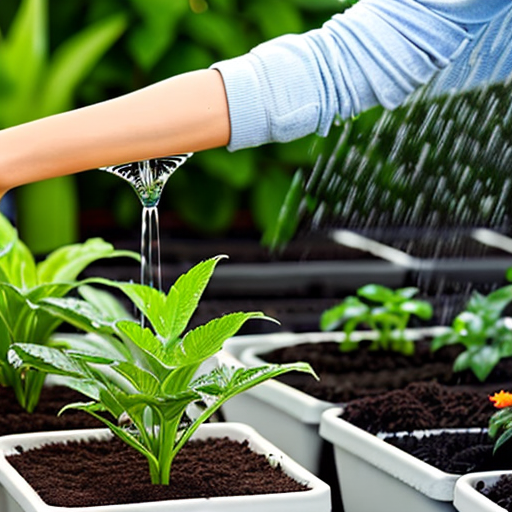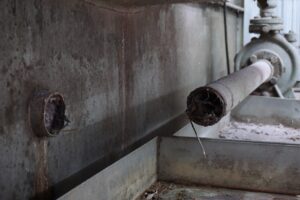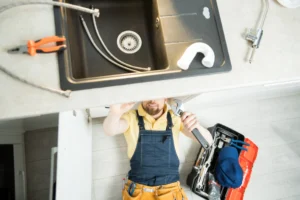Water serves as a finite and vital resource, supporting all life on our planet. As the global population escalates, so does the demand for freshwater, making water conservation an urgent necessity. Adopting water-efficient routines in our daily lives is paramount to ensure a sustainable future for both humanity and the ecosystem. This article delves into the leading 10 water-efficient practices that individuals can embrace to positively influence water preservation.
Trim Your Shower Time:
Reducing shower duration is an uncomplicated yet potent approach to save water. The lengthier the shower, the greater the water waste spiraling down the drain. Endeavor to abbreviate your shower moments by several minutes each day, yielding hundreds of gallons of water conservation monthly.
Cease Tap Flow While Brushing:
Allowing the tap to flow during toothbrushing squanders a considerable amount of water. Cultivate the habit of turning off the tap while brushing and only activate it for rinsing your toothbrush. This slight adjustment cumulatively saves gallons of water over time.
Swiftly Tend to Leaks:
Even a minor plumbing leak may precipitate substantial water wastage. Regularly inspect faucets, toilets, and pipes for any leaks, addressing them promptly. Rectifying leaks not only conserves water but also curtails the expense reflected in water bills.

How to save water the right way
Maximize Appliance Capacity:
For washing machines and dishwashers, wait until a full load accumulates before running them. Operating these appliances with partial loads squanders both water and energy. Optimal usage of their capacity allows for more efficient water utilization.
Water Plants Wisely:
Watering plants through a watering can or soaker hose, instead of an open nozzle, benefits root zones by minimizing water evaporation. To ensure superior absorption and reduced evaporation, irrigate plants early in the morning or late in the evening.
Harvest Rainwater for Outdoor Use:
Installing a rain barrel or rainwater harvesting system enables the collection of rooftop rainwater for non-potable purposes like watering plants or washing outdoor surfaces. The use of rainwater lessens the strain on municipal water supplies, bolstering sustainable garden care.
Implement Water-Efficient Fixtures:
Upgrading to water-efficient fixtures significantly impacts water conservation. Substitute outdated toilets, faucets, and showerheads with low-flow or WaterSense-approved models, conserving water while preserving performance quality.
Prefer Broom Over Hose:
For cleansing driveways, sidewalks, or patios, employ a broom rather than a hose. Hosing down these areas results in substantial water waste. Employing a broom proves just as effective and saves water in the process.
Educate and Involve Family:
Educating family members, including children, on water conservation’s significance fosters water-conscious habits. Encourage them to adopt water-efficient practices and engage in water conservation activities around the household. This concerted family effort reinforces sustainable practices for future generations.
Monitor Water Usage:
Closely monitor water usage, analyzing patterns in consumption. Many water utilities offer usage data on bills or provide online tools for monitoring. Understanding water consumption assists in setting consumption-reduction goals and tracking progress over time.




